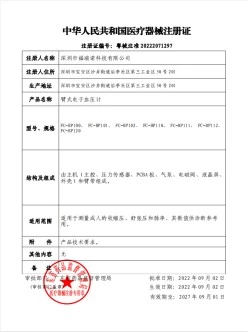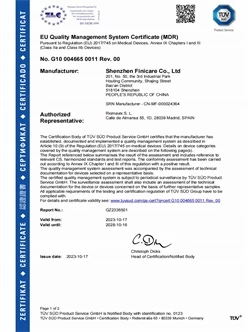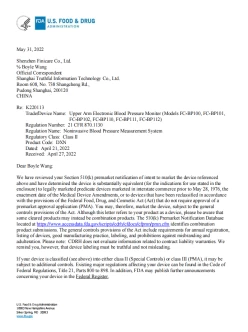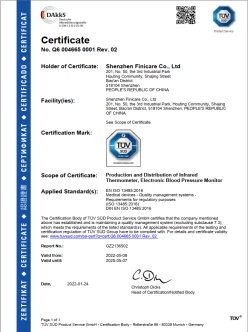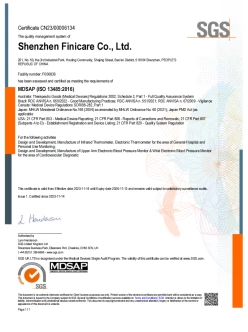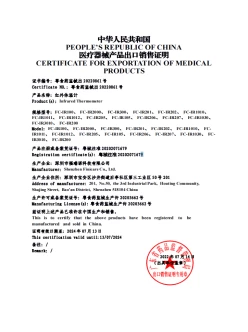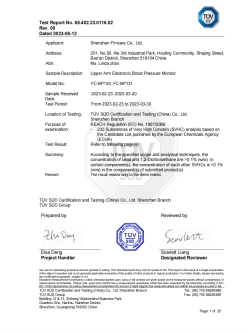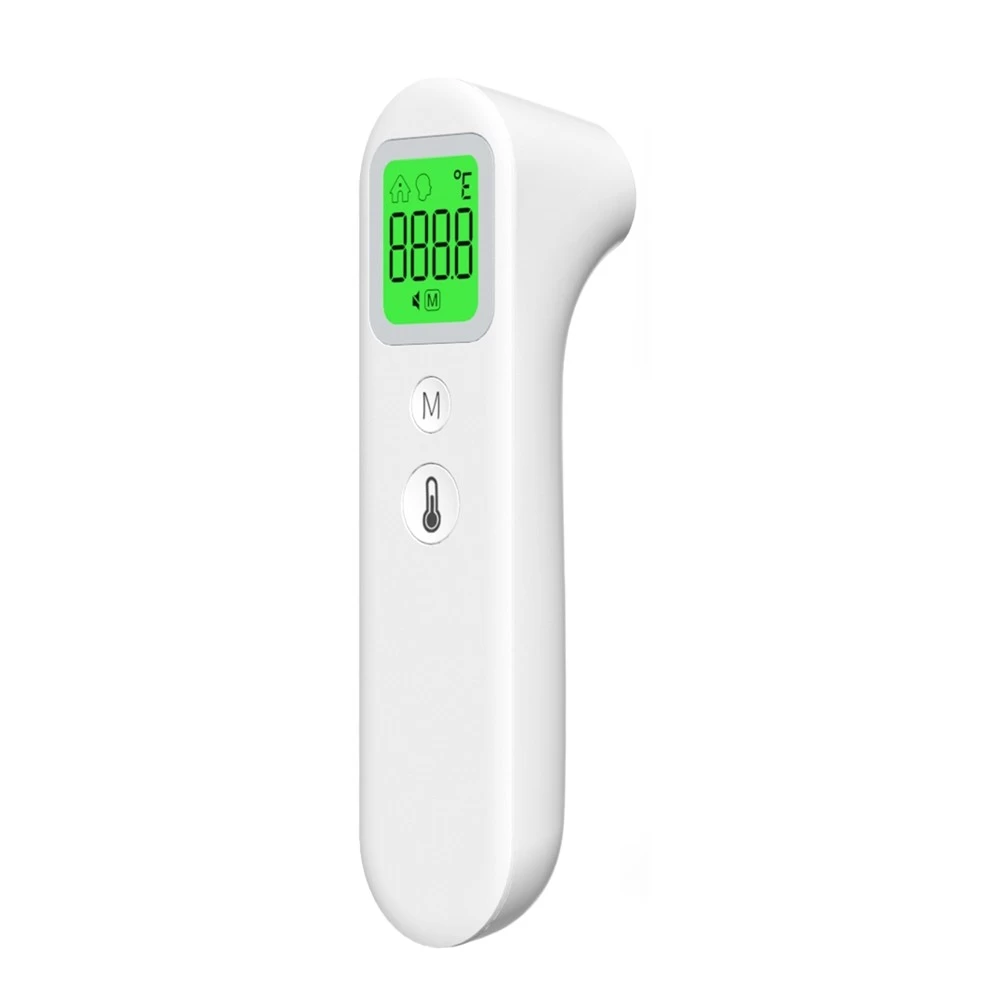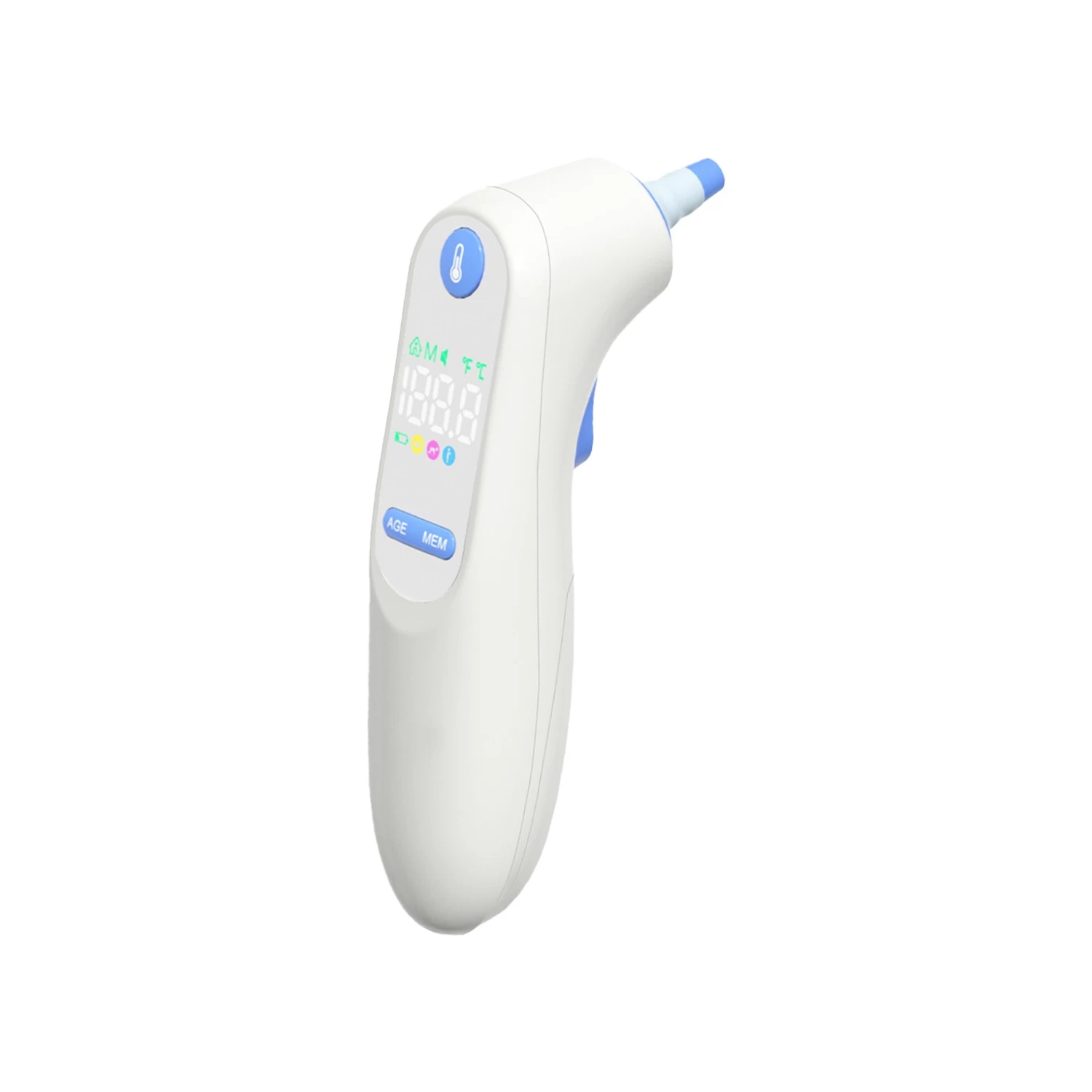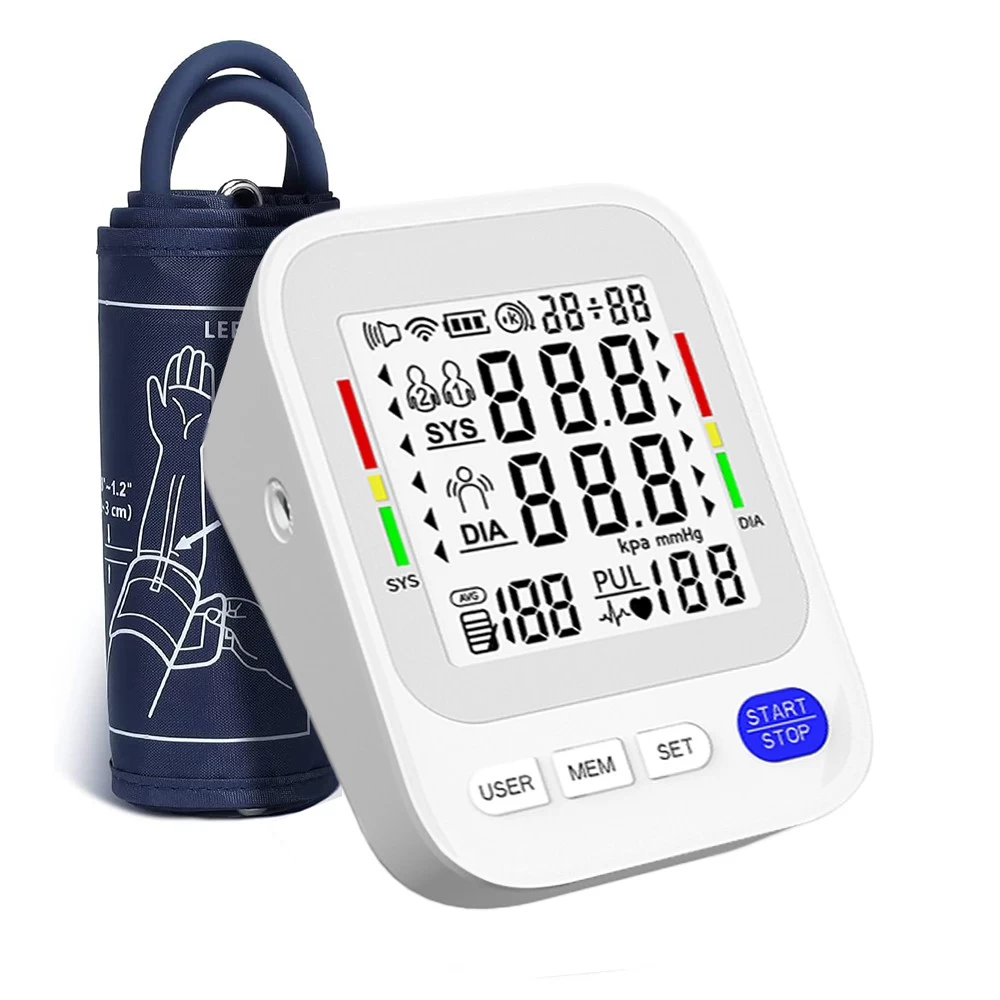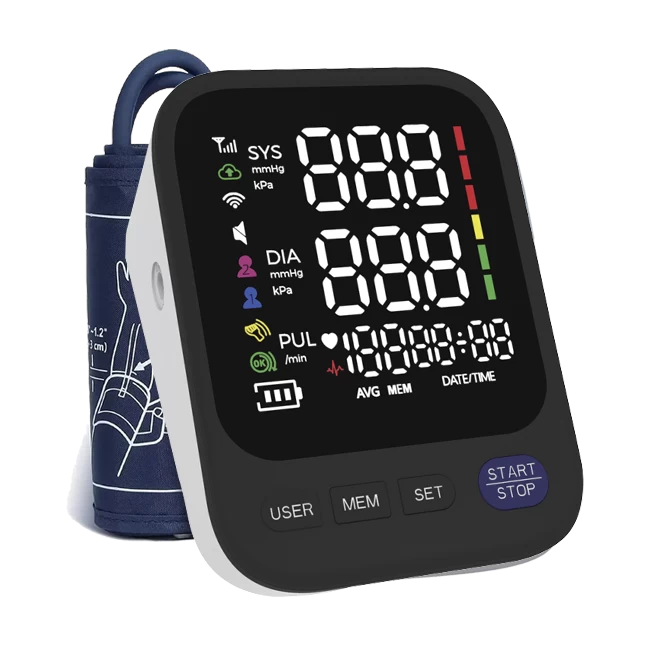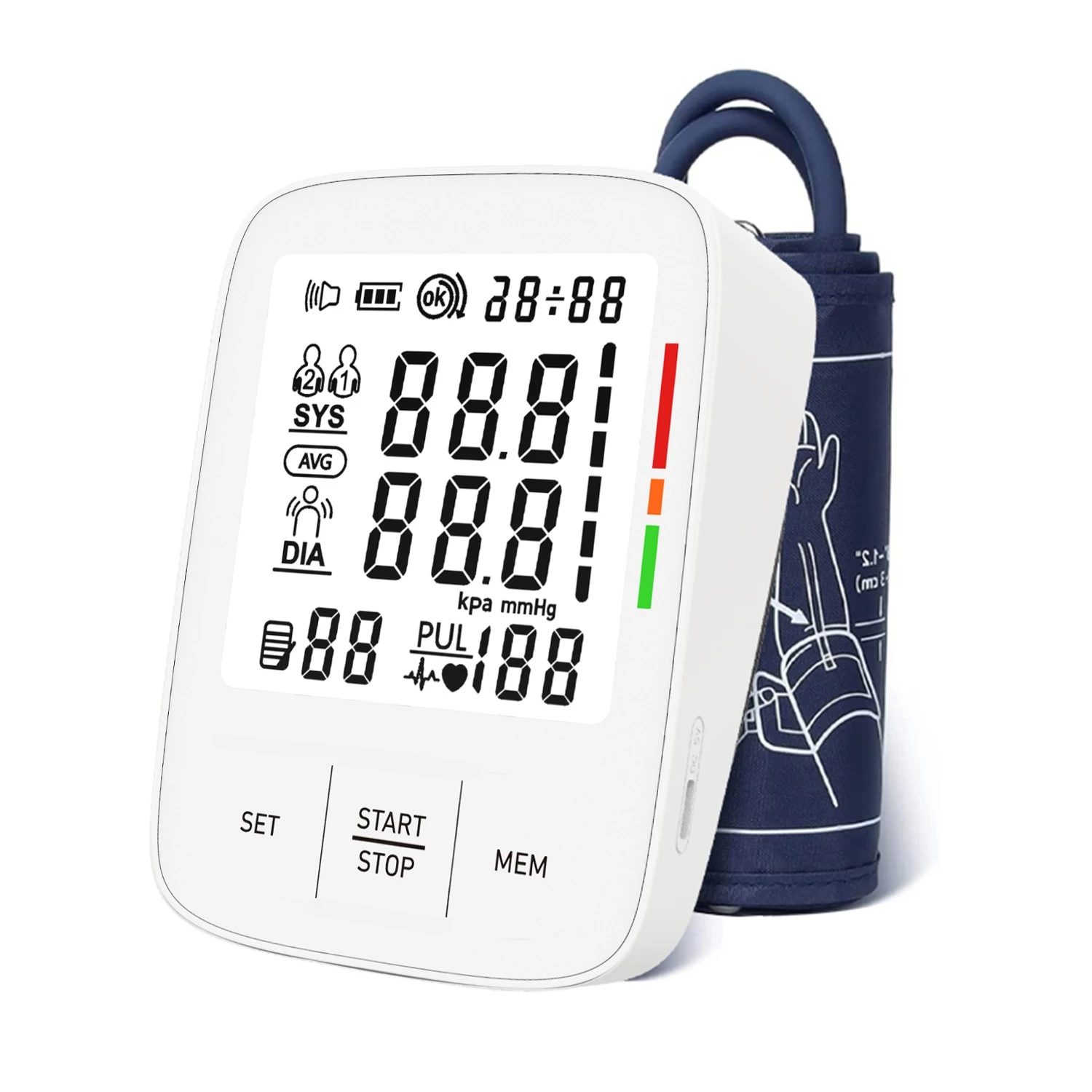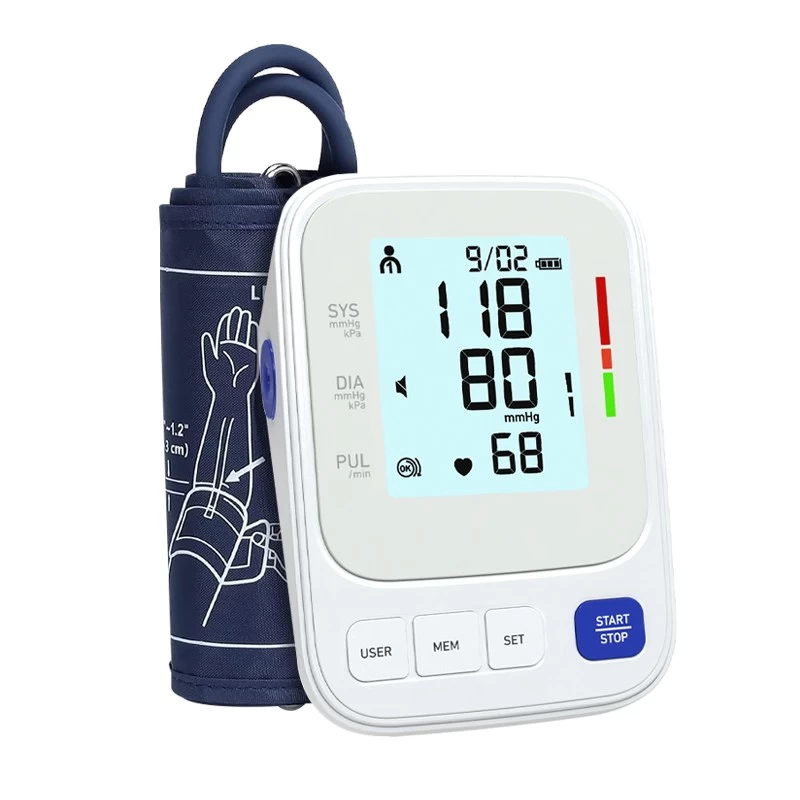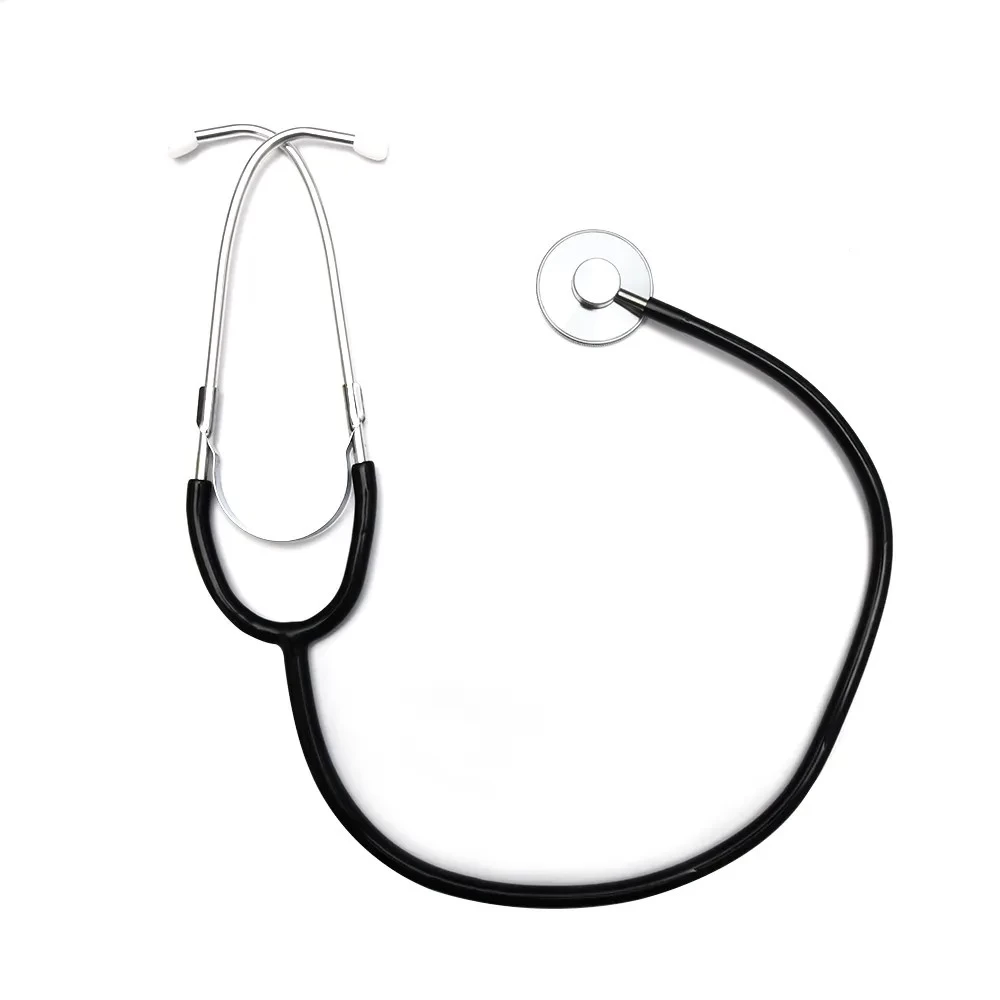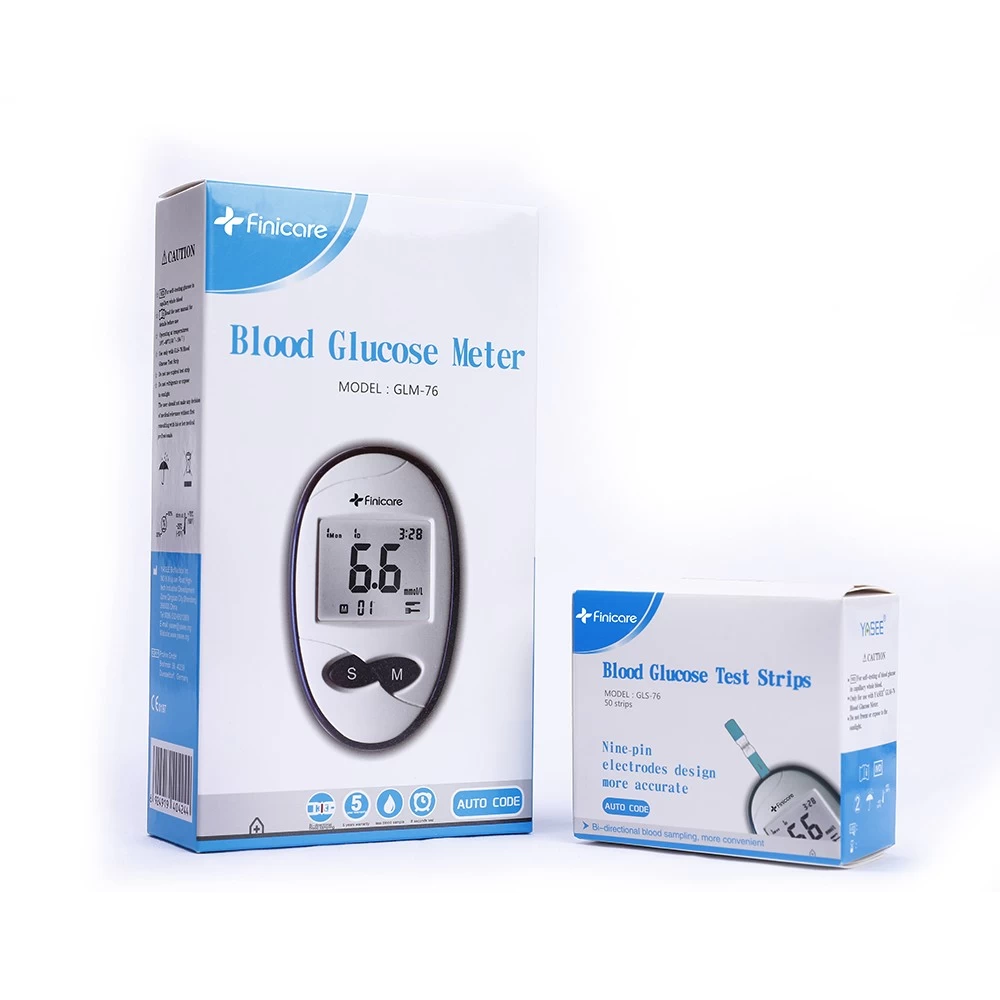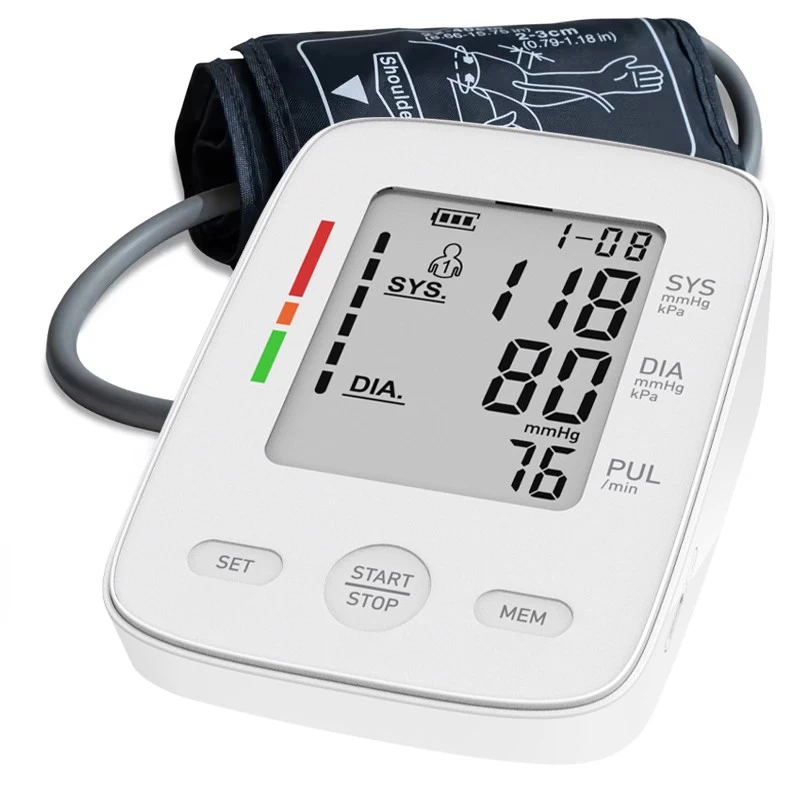What are the effects of having high blood pressure?
High blood pressure, or hypertension, is associated with numerous life-threatening health issues. This condition is becoming increasingly prevalent worldwide on a daily basis. Simultaneously, the consequences of hypertension, or high blood pressure, are escalating rapidly.
More precisely, regarding the consequences of high blood pressure, in the United States alone, 45% of adults suffer from hypertension. Interestingly, one in three US adults is unaware that they have high blood pressure. High blood pressure damages the delicate tissues within the arteries, exerting excessive pressure on the arterial walls. This can lead to the formation of plaque and ultimately contribute to conditions such as atherosclerosis, heart attack, and stroke.
High blood pressure develops when blood flows through the arteries at higher-than-normal pressures.
Table of Contents
1.What are the most common types of high blood pressure or hypertension?
4.What are the effects of having high blood pressure?
5.How does an Ambulatory Blood Pressure Monitor (ABPM) help during hypertension?
6.Best Ambulatory Blood Pressure Monitor (ABPM)
7.The Finicare Medical FC-BP102
8.What happens to your body when you have high blood pressure?
9.Can a person survive with high BP?
1.What are the most common types of high blood pressure or hypertension?
High blood pressure or hypertension can be categorized into different types, which are based on various factors. Generally, high blood pressure means the force of blood against the walls of blood vessels, and the force remains highly constant. Systolic pressure is the force of the blood flow when it is pumped out of the heart. Diastolic pressure is the pressure in the arteries when the heart rests between beats.
If we talk about the most common hypertension or high blood pressure type, then there are two types one is primary hypertension, and another one is secondary hypertension. Before understating the effects of hypertension, it is essential to be clear about the types of hypertension.

Primary hypertension is the most common high blood pressure type. In most cases, people suffer from primary hypertension. There can be different reasons behind primary hypertension. But generally, primary hypertension is because of age and genetics, and in some cases, it depends on lifestyle, too.
There are no significant symptoms of primary hypertension; even in some cases, it doesn’t show any signs, known as a silent killer. Many people don’t even know that they have primary hypertension. As a result, the complications of hypertension grow silently in the human body. Many people only discover they have primary hypertension when they get their blood pressure readings.
Primary hypertension needs proper management; otherwise, it can lead to dangerous health concerns such as brain stroke, heart attack, and so on. The best way to detect primary hypertension is by regular body checkups, and lifestyle changes and medications can reduce the chances of complications.
The secondary hypertension is not as common as primary hypertension. There are specific reasons behind secondary hypertension or because of underlying medical conditions. For example, kidney disease can affect the regulation of blood pressure.
Some drugs or medicines can cause secondary hypertension. For those who have obstructive sleep apnea, if it remains untreated, then this disorder can be the cause of hypertension. Also, hormonal imbalance, vascular problems, etc., play a significant role in secondary hypertension. Blood pressure medications are often prescribed to manage secondary hypertension.
There are a few common symptoms of secondary hypertension, such as vision problems, fatigue, headaches, and so on. Different tests should be done, such as urine tests, blood tests, hormonal level tests, etc., to diagnose secondary hypertension. The health care expert will decide the type of hypertension by analyzing these tests.
4.What are the effects of having high blood pressure?
High blood pressure or hypertension initially doesn’t affect our body, but gradually, it harms our health, even if it leads to death. High blood pressure increases the workload of the heart and blood vessels, leading to damage to the arteries and potential conditions such as heart attack and stroke. Hypertension needs to be controlled; if it remains out of control, then there are risks. High blood pressure occurs when the force of the blood pushing against the walls of the blood vessels is consistently too high.

There are different effects of having high blood pressure, and they are:
● Hypertension gradually damages blood vessels in the kidney, which causes kidney failure, and it also harms the blood vessels of the eyes, which can be the reason for blindness.
● It damages blood vessels in the brain, which blocks the flow of blood and creates a potential chance of Brian’s stroke.
● It causes sexual dysfunction, which means it decreases the desire for sex in both men and women.
● Gestational hypertension, also called hypertension, is common in pregnancy; during pregnancy, it affects both mother and baby.
● Hypertension or high blood pressure increases the chances of cognitive decline. Also, it can be the reason for life-threatening aneurysms.
● It decreases the quality of life; in many cases, it becomes the reason for less productivity, complications, and limitations that harm daily activities.
● In some cases, the medical expenses can be high, which also harms our mental health. Also, regular treatment and medications are time-consuming.
● Hypertension or high blood has some beneficial effects along with adverse effects. It helps a man to maintain a healthy lifestyle, healthy eating, regular medical checkups, and so on.

5.How does an Ambulatory Blood Pressure Monitor (ABPM) help during hypertension?
Ambulatory Blood Pressure Monitor or ABPM is a particular version of a blood pressure monitor; usually, it needs 24 hours to complete measurement. This blood pressure monitor is specially programmed to take measurements every 15 to 30 minutes during daily activities.
ABPM provides a comprehensive blood pressure reading over a 24-hour period. It is generally used to diagnose hypertension in hospitals. It produces results accurately, which helps healthcare experts to detect the type and stages of hypertension. This version of the BP monitor tells the pattern of BP; for example, doctors can find out the timing of the highest blood pressure.
Doctors can plan treatments for different individuals by analyzing precious results from ABPM. And the hypertension patient can get the proper treatment and lifestyle plans. Overall, ABPM helps both the doctor and the patient.
6.Best Ambulatory Blood Pressure Monitor (ABPM)
Choosing the right ambulatory blood pressure monitor is essential for obtaining accurate results. The Finicare Medical FC-BP102 is an excellent option to consider. It functions as a typical ABPM, with a 24-hour measurement process.
This device is known for its reliability and accuracy in taking blood pressure readings at regular intervals throughout the day and night. The FC-BP102 is designed to be user-friendly, making it easy for patients to wear and use, even during their daily activities. Additionally, its compact size and lightweight design ensure that it doesn't interfere with the patient's routine, making it an ideal choice for long-term monitoring.
7.The Finicare Medical FC-BP102
Finicare Medical, a renowned Chinese manufacturer of blood pressure devices, has produced the FC-BP102, a successful addition to the Ambulatory Blood Pressure Monitoring (ABPM) category. This product has received approval from the European Society of Hypertension (ESH).
The Finicare Medical FC-BP102 is a comfortable, wearable blood pressure monitor that operates using the Oscillometric method. It features advanced motion tolerance technology and a dual pressure sensor.
The cuff is crucial for obtaining accurate readings; it is crafted from high-quality leather and is both dustproof and waterproof, available in various sizes. In essence, this product combines all the right elements, making it highly convenient for individuals with hypertension.
8.What happens to your body when you have high blood pressure?
High blood pressure, or hypertension, can lead to various complications within the human body. The effects of hypertension do not manifest immediately, but the risk of health issues gradually rises.
It is essential to keep an eye on specific blood pressure readings, such as 130/80 mm Hg and 180/120 mm Hg, to avert complications and to seek medical assistance when needed.
High blood pressure or hypertension can damage blood vessels and increase the likelihood of blood clots, potentially leading to kidney failure, heart attacks, or strokes. These conditions can affect your body if hypertension is not properly controlled and managed.
9.Can a person survive with high BP?
A person can survive with high blood or hypertension, but it needs proper management and treatment. However, it is essential to remember that the survival factor will differ from person to person. The effects of having high blood pressure are shocking, even if it can lead to life-threatening health concerns.
It is crucial to have your blood pressure checked regularly, at least every two years starting at age 18, or more frequently for individuals with high blood pressure or other risk factors for heart disease. As early as possible, a person should start treatment and follow a proper healthy diet, which needs lifestyle modification. The interesting fact is many people don’t even know that they have hypertension, and for that reason, the chances of health concerns silently increase. The habit of regular health checkups helps a lot in this case.
The effects of high blood pressure in the human body are varied and depend on many factors. Mostly, the effects of hypertension are adverse. Hypertension is dangerous because it often shows no symptoms and silently harms the human body.
We can mitigate the effects of high blood pressure through proper treatment and management. Early detection of hypertension is essential; otherwise, the risk of life-threatening health issues will increase daily.
Regular monitoring of blood pressure and adhering to prescribed medications are crucial steps in managing hypertension. Lifestyle modifications, such as maintaining a healthy diet, engaging in regular physical activity, managing stress, and avoiding tobacco and excessive alcohol consumption, also play a vital role in controlling high blood pressure.
By addressing hypertension effectively, we can significantly reduce the risk of complications and maintain overall health and well-being.


